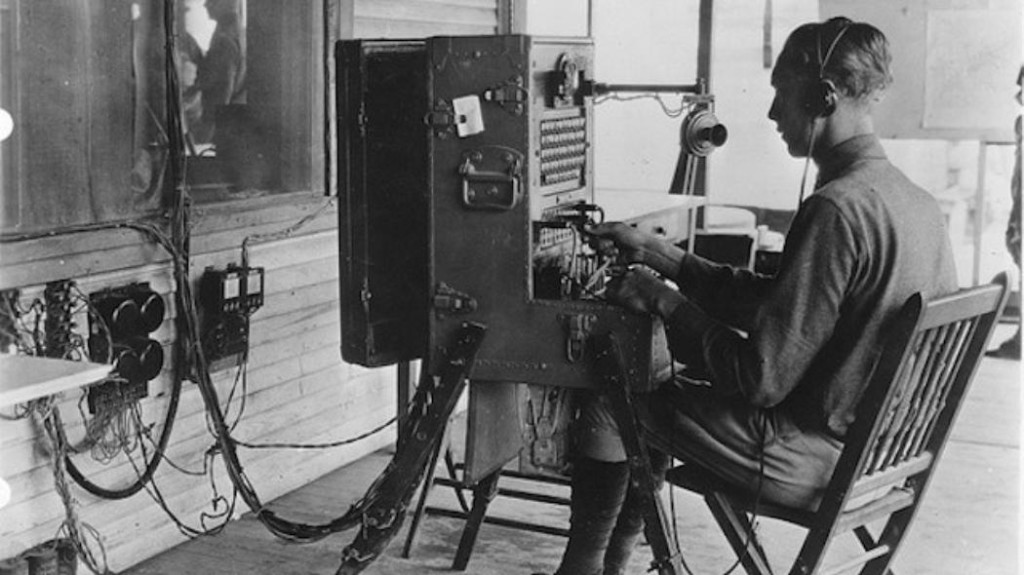Nevada Appellate Courts Advance Opinions for September 14, 2017
FACKLAM VS. HSBC BANK USA
- Does NRS 11.190(1)(b)’s statute of limitations for contract actions apply to nonjudicial foreclosures.
DITECH FINANCIAL, LLC VS. BUCKLES
- Does NRS 200.620, which requires both parties to consent to the recording of a telephone call, apply to the recording of interstate calls when the act of recording takes place outside Nevada.
THOMAS (LACY) VS. DIST. CT. (STATE)
- When a defendant requests a mistrial, does double jeopardy bar reprosecution when a prosecutor intentionally proceeds in a course of egregious and improper conduct that causes prejudice to the defendant.
PROPERTY PLUS INV.’S, LLC VS. MORTG. ELEC. REGISTRATION SYS., INC.
- Is an HOA limited to only one superpriority lien per parcel of property forever.
- Does an HOA lien survive bankruptcy even though the homeowner’s personal obligation is extinguished upon a Chapter 7 discharge.
IN RE: DISH NETWORK DERIVATIVE LITIG. C/W 69012
- What is the appropriate legal standard for a district court’s consideration of a company’s board of directors created special litigation committee’s (SLC) motion to defer to the SLC’s recommendation that derivative claims should be dismissed.
O.P.H. OF LAS VEGAS, INC. VS. OREGON MUT. INS. CO.
- Does NRS 687B.360 require an insurance policy cancellation notice to contain a statement of a policyholder’s right to request additional information to be effective.
- Under Nevada law, does an insurance broker who obtains an insurance policy for a client have a duty to monitor the client’s premium payments and to alert the client when the policy is about to be canceled for nonpayment of premiums.
PARAMETRIC SOUND CORP. VS. DIST. CT. (RAKAUSKAS)
- Do shareholders lack standing to sue a corporation and its directors because the shareholders’ claims are derivative, not ones asserting direct injury.
PALIOTTA VS. STATE, DEP’T OF CORRECTONS
- Did the State’s complete denial of an inmate’s request for either an Egyptian or kosher diet substantially burden the exercise of the inmate’s religious beliefs.
FRANCHISE TAX BD. VS. HYATT
- Does the exception to government immunity for intentional torts and bad faith conduct survive the Nevada Supreme Court’s adoption of the federal test for discretionary function immunity.
- Based on comity, is it reasonable to provide the Franchise Tax Board of the State of California (FTB) with the same protection of California law, to grant FTB immunity from punitive damages.
- Are medical records mandatory in order to establish a claim for intentional infliction of emotional distress.

